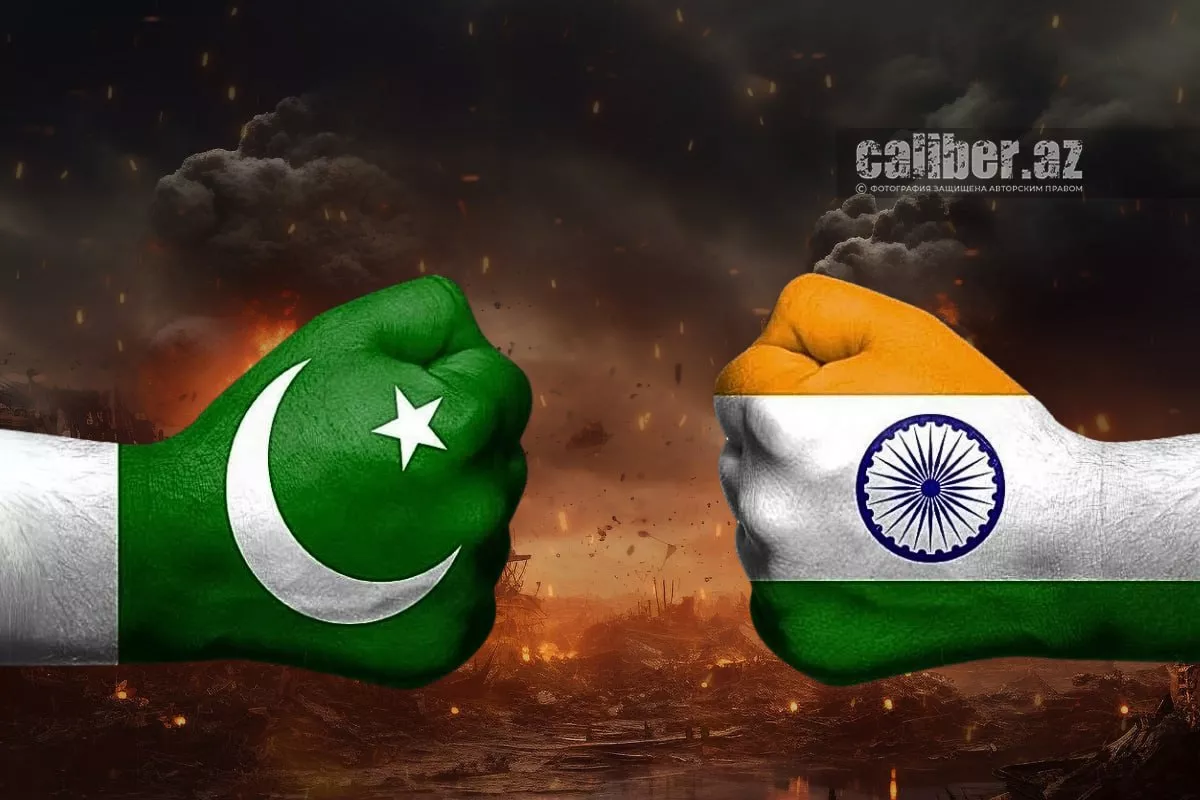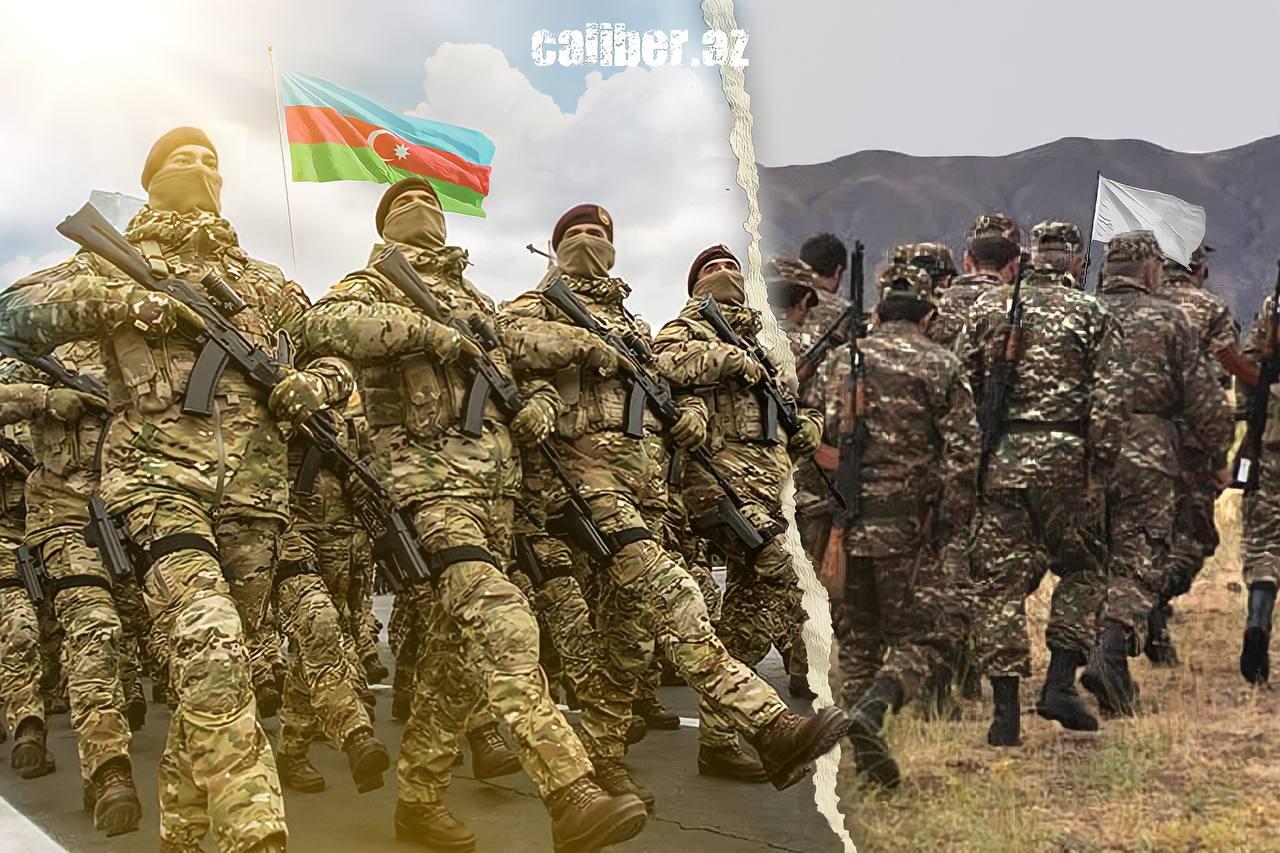Armenian-style behaviour of Indian military The Might of the “Iron Fist” and the “Lead Wall”
The two-week-long tension in India-Pakistan relations has now passed. Much has already been said and written — including on our website — about the history of the nearly 80-year relationship between these two states that emerged simultaneously in 1947. The latest reason for discussion was yet another war between them, which, fortunately, remained a localised conflict.
Unfortunately, in this relatively short historical period, India and Pakistan have fought three major wars (in 1947–48, 1965, and 1971), as well as about a dozen smaller military clashes. The most significant among the latter was the Kargil conflict of 1999, which neither side officially declared a war, despite each suffering several hundred military casualties.
And now, following the terrorist attack on April 22 this year — in Jammu and Kashmir, which remains de jure part of Pakistan but de facto under Indian control — that killed more than two dozen tourists, the fourth war between the two countries has begun. I use the word “war” because it is impossible, despite the author’s optimism and desire for peace, to describe what happened as a mere border skirmish.

I wouldn’t be mistaken in saying that full responsibility for what happened lies squarely with both the military and political leadership of India, which in unison declared Pakistan the “main culprit” behind the terrorist attack — without presenting a SINGLE PIECE OF EVIDENCE! And this, despite the fact that the name of the group behind the attack was known almost immediately: the Resistance Front (TRF).
Interestingly, the terrorist organisation in question, which promptly claimed responsibility, has been operating in Kashmir — a territory that, let me remind you, is de facto under Indian control — since as far back as 2019. It consists of only a few dozen militants, yet neither India’s much-hyped police force (often glorified in Bollywood), nor its 1.5 million-strong army, has been able — or willing — to deal with them. And yet, somehow, the blame ends up being placed on neighbouring Pakistan.
Of course, I understand that in Indian films a one-armed police inspector can single-handedly defeat a seasoned criminal overlord in a dramatic showdown, but when the Indian military cannot neutralise a couple of dozen militants and instead blames a neighbouring country for its own incompetence — that’s a fiasco!
All these Indian upheavals — especially in light of the latest war — painfully remind me of our own relations with a neighbouring country, or rather, of its never-ending accusations against us spanning more than three decades. Just consider the parallels, dear readers.
India illegally annexes Kashmir — whose very name forms one of the letters in the acronym of the state it was originally meant to belong to: Pakistan (an acronym for Punjab, Afghania, Kashmir, Sindh, and Balochistan). Similarly, Armenia tried to annex Azerbaijan’s Karabakh. In Kashmir, the indigenous Muslim population is being expelled; in Karabakh, it was the indigenous Azerbaijani population that faced the same fate.
Pakistan cries out to the world about the violation of its sovereignty — and the world turns a deaf ear. Azerbaijan proclaims the occupation of its territory by Armenia, and the best it manages to achieve is four UN resolutions and a flower-and-banquet OSCE group, so neutral that it was called simply the "Minsk Group."

And it gets even more telling. For nearly thirty years, Armenians lived off myths of past “victories” — most of which were achieved with the backing of Yeltsin’s Russia. Likewise, the Indians, fighting with Soviet-Russian and French weaponry, clung to hopes of modern cinematic triumphs. In the end, both were forced to confront a harsh reality.
In 2020, Armenians were made to understand that no one was going to fight their battles for them anymore. As for the Indians, they realised that real war and making movies about war are two very different things. After all, not only have legendary actors like Dharmendra and Amitabh Bachchan aged, but so too has the once-revered Russian weaponry — which, in the latest confrontation, was thoroughly outclassed by Chinese innovations deployed by Pakistan.
And it took both sides barely a day to grasp the depth of the quagmire they had fallen into. The Armenians understood it during the night of September 19 to 20, 2023, when the full force of the “Iron Fist” came crashing down on the remnants of their militant formations. The Indians had their moment of reckoning from May 9 to 10 this year, when 26 Indian settlements were simultaneously struck by the “Lead Wall” of retribution — Bunyan al-Marsus.
Now, some are left with painful memories of the past, while others find themselves with no one to rely on in the present. That is precisely why the former are now desperately seeking a more or less acceptable version of a peace treaty — this time without any mediators. The latter, meanwhile, were quick to agree to mediation by Trump, just to catch their breath and grasp the scale of their losses.
What unites us and Pakistan is this: both the “Iron Fist” and the “Lead Wall” have shown the world that the patience of even the most peace-loving nation is not infinite. And when that patience runs out, such a nation will sweep aside any de facto borders to reclaim the territories that are rightfully theirs under international law.
Wouldn't you agree, ladies and gentlemen?
Vugar Vugarli, exclusively for Caliber.Az








